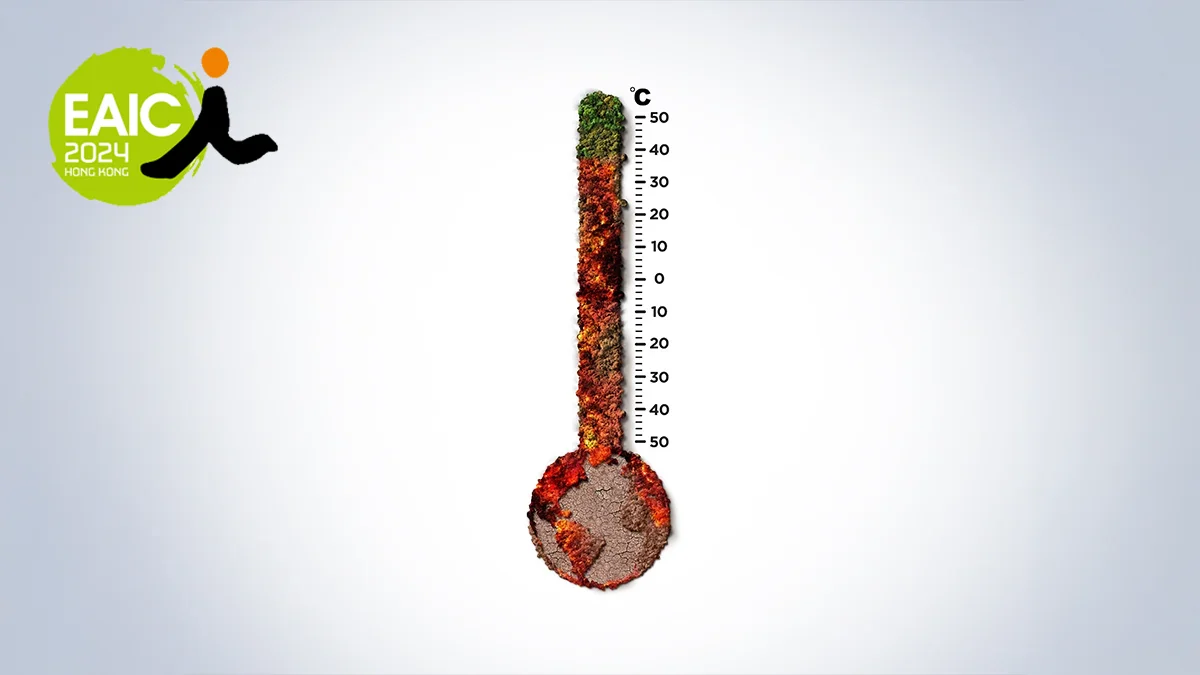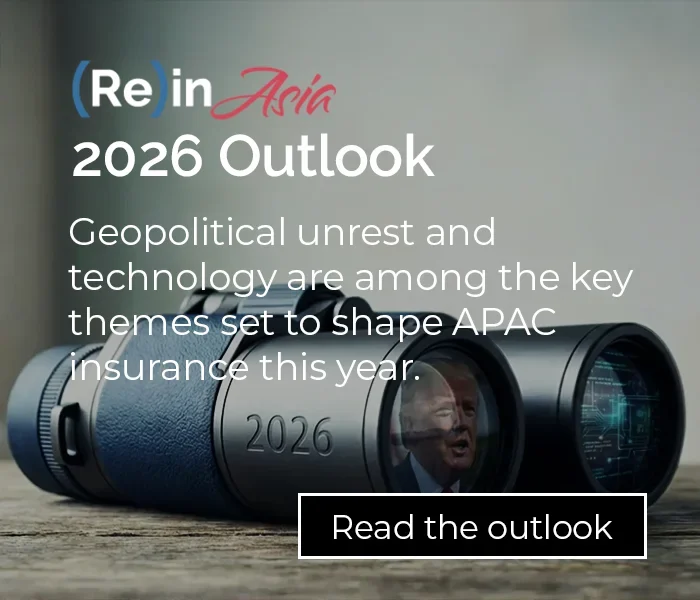(Re)in Summary
• An EAIC 2024 panel discussed the evolving and pragmatic approach to climate change in the insurance sector.
• Chelsea Jiang of Axa Hong Kong stressed the need to focus on chronic climate risks beyond acute risks.
• Zurich HK CEO Eric Hui highlighted the lag in climate risk modelling, calling for more industry collaboration on data sharing and more public-private partnerships to improve data collection.
The insurance industry has placed a significant focus on collecting data and understanding the impact of acute climate change impacts but more attention needs to be paid to chronic effects such as rising temperatures, according to Chelsea Jiang, Chief Technical and Innovation Officer General Insurance, at Axa Hong Kong.
The EU’s Copernicus climate research group recently reported that the global average temperature for September 2023 to August 2024 was the highest on record for any 12-month period, and Jiang said the impact of chronic impacts of climate change such as higher temperatures needed to be better understood.
“When we talk about typhoons, earthquakes, these are very acute risks, but the chronic risks around temperature, for example, a hotter environment means that properties age probably faster and values depreciate are not being considered so closely.
That’s one part probably that we’re currently not building into our day to day underwriting, and technical analysis, around climate change. This is an area we can advance over the next five or ten years,” Jiang said, speaking on a panel discussion about climate change at the EAIC in Hong Kong.
Chelsea Jiang
Chief Technical and Innovation Officer General Insurance, at Axa Hong Kong.Eric Hui, CEO at Chief Executive Officer for Zurich Insurance, Hong Kong said on the panel, that while there has been significant progress with data collection and modelling of the impact of climate change it was still lagging, particularly given the ever changing nature of the risk.
“It’s important to take kind of a sober look at where we are today. And the reality is that despite quite a bit of progress in the industry when it comes to modelling the risks in Asia Pacific, we should also acknowledge that there’s a continuing lag against a very rapidly evolving landscape,” Hui said.
The Zurich CEO said that while this trend was true of all global regions, emerging Asian economies also suffered from poor data being used and he suggested that a public-private initiative could resolve the problem.
“I think it’s in our collective joint interest to work towards more systematic data collection. And to me, this is yet another example of an instance where only a public private partnership will ultimately be successful. If we only try to solve this from one side of the spectrum, it is not going to work,” said Hui.
Eric Hui
Chief Executive Officer for Zurich Insurance, Hong KongDiscussion around climate change is becoming more pragmatic as people are now focussing on what practical steps can be taken, said Christopher Hui, Secretary for Financial Services and the Treasury for the Hong Kong government.
“While there are some global issues that we need to solve, but at the same time, we need to be very practical in terms of what are the things that we can actually do, and also set for ourselves, very practical goals,” the Government Secretary Hui told the EAIC audience.
That’s why, if you look at how insurance can play into the picture, is that while the sector thinks long term, it’s all ultimately about money, and also at the same time, whether the contribution is sustainable,” Hui added.
Hui pointed to the Hong Kong green bond issuance programme which issued its first security in 2019, with cumulative total issuance now at $28bn, as an example of this practical approach.
























